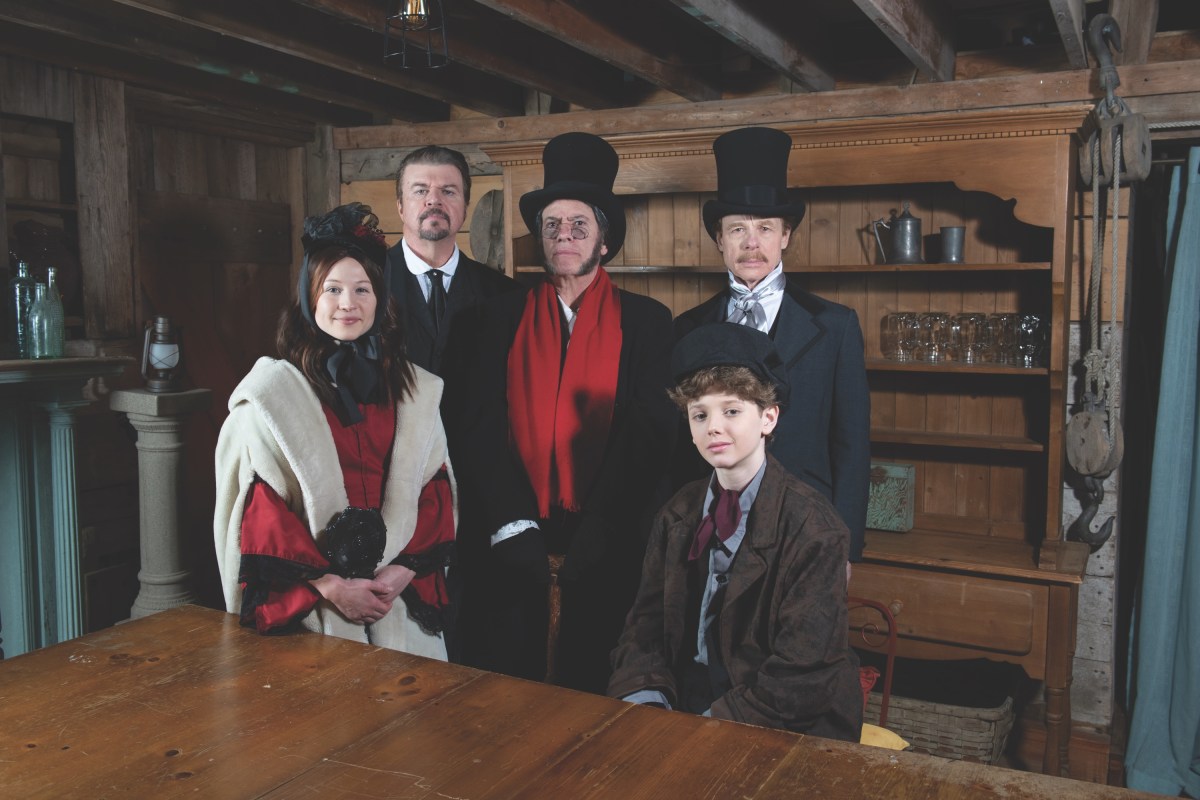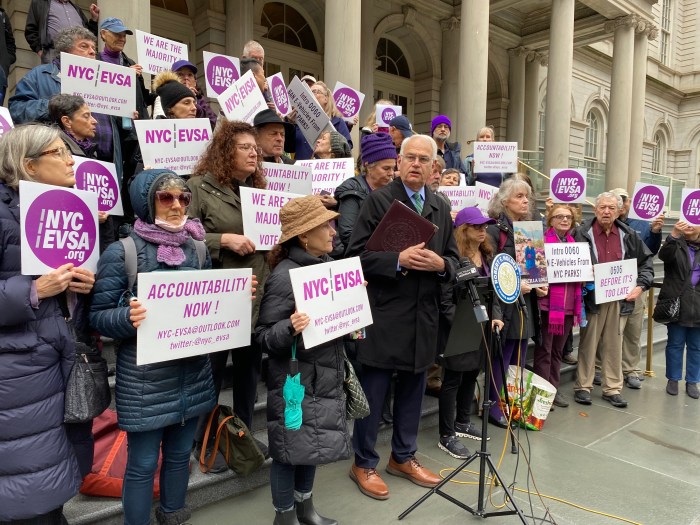Known as the “silent killer,” carbon monoxide, commonly called CO, is the leading cause of accidental poisoning deaths in America. Oyster Bay Town Councilman Joe Pinto is urging residents to take an inventory of their home to help insure they are protected against this potentially lethal substance and outlined some simple steps residents can take to protect themselves and their loved ones.
“Carbon monoxide is colorless, odorless and tasteless, and has the potential to be extremely hazardous to your health,” said Pinto. “This time of year is particularly dangerous for carbon monoxide poisoning because many furnaces and heaters are being turned on for the first time and houses are closed up as the cold season begins.”
Pinto explained that carbon monoxide is produced by the incomplete combustion of fossil fuels—gas, oil, coal and wood—used in oil and gas burners, solid fuel appliances, wood stoves and fireplaces, gas water heaters, boilers and engines.
“Dangerous amounts of CO can accumulate when, as a result of poor insulation, poor maintenance, improper installation or damage to an appliance, the fuel is not burned properly or when rooms are poorly ventilated and the carbon monoxide is unable to escape,” said Pinto. “First, check the flame color of your gas appliances; the flame should be blue. If it is orange, you have a problem, and the appliance should be checked by a professional. Also, make sure your house is adequately ventilated. If the appliances in your home do not have enough air, carbon monoxide will build up,” he continued.
Residents are also advised not to use stoves or ovens to heat their homes. A car, lawn mower or snow blower should also never be left idling in a shed or garage, or any enclosed space, especially in an attached garage where fumes can find their way into a house.
“Last, but perhaps most important, purchase a CO detector alarm, which are required under New York State law,” said Pinto.
Residents should also be aware of the symptoms of CO poisoning, which include headache, fatigue, shortness of breath, nausea and dizziness. Pinto urged that anyone experiencing these symptoms and believe they are being caused by CO exposure, should call their fire department and leave their home.
“Do not open windows and doors for more ventilation or turn off any combustion appliances in your home. This will allow the fire department to get an accurate CO reading in your home. Seek medical attention for a proper diagnosis and treatment of your symptoms,” said Pinto.
The councilman further noted that, according to the Centers for Disease Control and Prevention, nearly 500 people die each year as a result of carbon monoxide poisoning and as many as 20,000 end up in hospital emergency rooms for exposure.
“By taking a few simple precautions and installing a CO detector alarm in your home, you will be able to sleep easier knowing that you and your loved ones are protected against this silent threat,” concluded Pinto.































